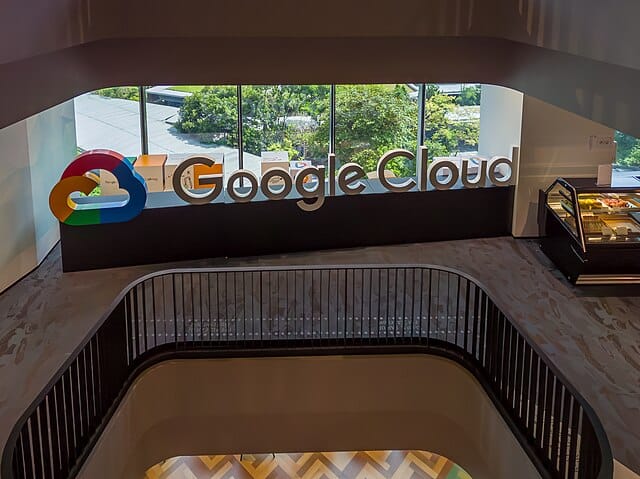OpenAI Partners with Google Cloud: A Strategic Shift That Could Reshape AI Infrastructure
In a move that has sent ripples through the tech industry, OpenAI has announced it will leverage Google Cloud's infrastructure to power ChatGPT operations, marking a significant departure from its previous Microsoft-centric approach. This partnership represents one of the most notable strategic shifts in the AI landscape since ChatGPT's explosive debut in late 2022.
Breaking Away from Microsoft's Shadow
OpenAI's decision to embrace Google Cloud infrastructure signals a strategic pivot that could fundamentally alter the competitive dynamics of the AI sector. Despite Microsoft's $13 billion investment in OpenAI and their deep Azure partnership, the company appears to be diversifying its infrastructure dependencies—a move that speaks volumes about the current state of AI computing demands.
The announcement comes at a time when OpenAI has been grappling with massive computational requirements. ChatGPT processes millions of queries daily, with each interaction requiring substantial processing power. Recent estimates suggest that running ChatGPT costs OpenAI approximately $700,000 per day, highlighting the critical importance of efficient, scalable infrastructure.
Google Cloud's Technical Advantages
Google Cloud brings several compelling advantages to the table that likely influenced OpenAI's decision. The platform's Tensor Processing Units (TPUs), specifically designed for machine learning workloads, offer superior performance for AI inference tasks compared to traditional GPUs. Google's global network infrastructure, spanning 200+ countries and territories, provides the low-latency performance essential for real-time conversational AI.
Additionally, Google Cloud's sustainability initiatives align with OpenAI's growing focus on responsible AI development. The platform operates on 100% renewable energy and offers carbon-neutral cloud services—considerations that increasingly matter to organizations facing scrutiny over AI's environmental impact.
Implications for the AI Ecosystem
This partnership creates fascinating competitive dynamics within the AI ecosystem. Google, which has been racing to compete with ChatGPT through its own Bard AI system, will now be providing the infrastructure that powers its primary competitor. This arrangement demonstrates how cloud infrastructure has become a crucial battleground in the AI wars, potentially more valuable than the AI applications themselves.
The move also suggests that OpenAI is positioning itself for greater independence from any single cloud provider. By diversifying across multiple platforms, the company reduces risk and gains negotiating leverage—critical factors as it prepares for a potential IPO and faces increasing competition from tech giants.
Market Response and Financial Implications
Early market reactions have been mixed but largely positive. Google's stock price saw a modest uptick following the announcement, while Microsoft shares remained relatively stable, suggesting investors view this as a strategic diversification rather than a complete platform abandonment.
For OpenAI, the financial implications could be substantial. Google Cloud's competitive pricing for AI workloads, combined with potential volume discounts, could significantly reduce operational costs. Industry analysts estimate that optimized cloud infrastructure could save OpenAI 20-30% on computational expenses—savings that could be reinvested into research and development.
Technical Integration Challenges
The migration to Google Cloud won't be without challenges. OpenAI must ensure seamless integration while maintaining ChatGPT's performance standards that users have come to expect. The company will need to navigate data transfer, security protocols, and potential latency issues during the transition period.
Moreover, OpenAI must balance this new partnership with its existing Microsoft relationship, which extends beyond infrastructure to include integration with Microsoft's suite of productivity tools and services.
Looking Forward: A New Era of AI Infrastructure
OpenAI's partnership with Google Cloud represents more than a simple vendor change—it signals a maturing AI industry where infrastructure flexibility and optimization become paramount. As AI applications continue scaling globally, the ability to leverage multiple cloud providers for optimal performance and cost-effectiveness will likely become standard practice.
This strategic shift also highlights the evolving nature of AI partnerships. Rather than exclusive relationships, we're likely to see more companies adopting multi-cloud strategies to maximize performance while minimizing risk.
The OpenAI-Google Cloud partnership marks a pivotal moment in AI infrastructure evolution. As the industry continues its rapid expansion, this collaboration could serve as a blueprint for how AI companies balance innovation, efficiency, and strategic independence in an increasingly competitive landscape.
